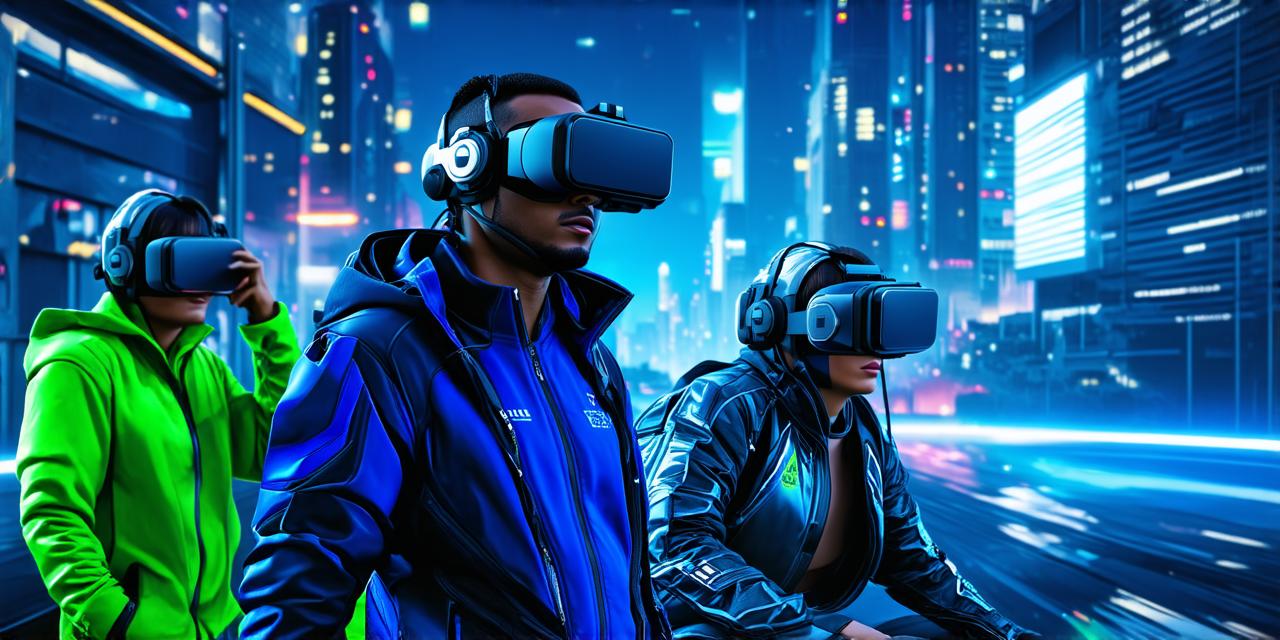Virtual reality (VR) technology has come a long way since its inception. Today, it is widely used across various industries, including gaming, healthcare, and education.
Immersive Experiences
One of the biggest draws of VR technology is its ability to create immersive experiences that engage users in a way that traditional media cannot. By donning a VR headset, users can step into a virtual world and interact with it in a way that feels real.
This has led to the development of various applications for VR technology across different industries. For example, in the gaming industry, VR allows users to experience games in a whole new way, as they become fully immersed in the game world and can interact with characters and objects in ways that were previously not possible.
In healthcare, VR technology is being used for therapy and rehabilitation purposes. Patients can use virtual reality simulations to practice physical movements or expose themselves to situations that trigger anxiety or panic attacks, allowing them to safely and effectively treat their conditions.
In education, VR can be used to create virtual field trips, allowing students to explore historical sites, scientific phenomena, or foreign cultures in a way that is both engaging and informative.
Cost-Effective and Accessible
Another reason why VR technology has become increasingly popular among businesses is its cost-effectiveness and accessibility. Unlike traditional physical experiences, VR technology does not require expensive equipment or a large space to operate.
This makes it an ideal choice for small businesses or those with limited resources. Additionally, virtual reality simulations can be accessed from anywhere with an internet connection, making them accessible to a wider audience.
In conclusion, the appeal of virtual reality for customers lies in its ability to create immersive experiences that are engaging and informative. It is also cost-effective and accessible, making it an ideal choice for businesses looking to offer unique and memorable experiences to their customers. As VR technology continues to evolve, we can expect to see even more exciting applications across various industries, further enhancing the appeal of virtual reality for customers.
